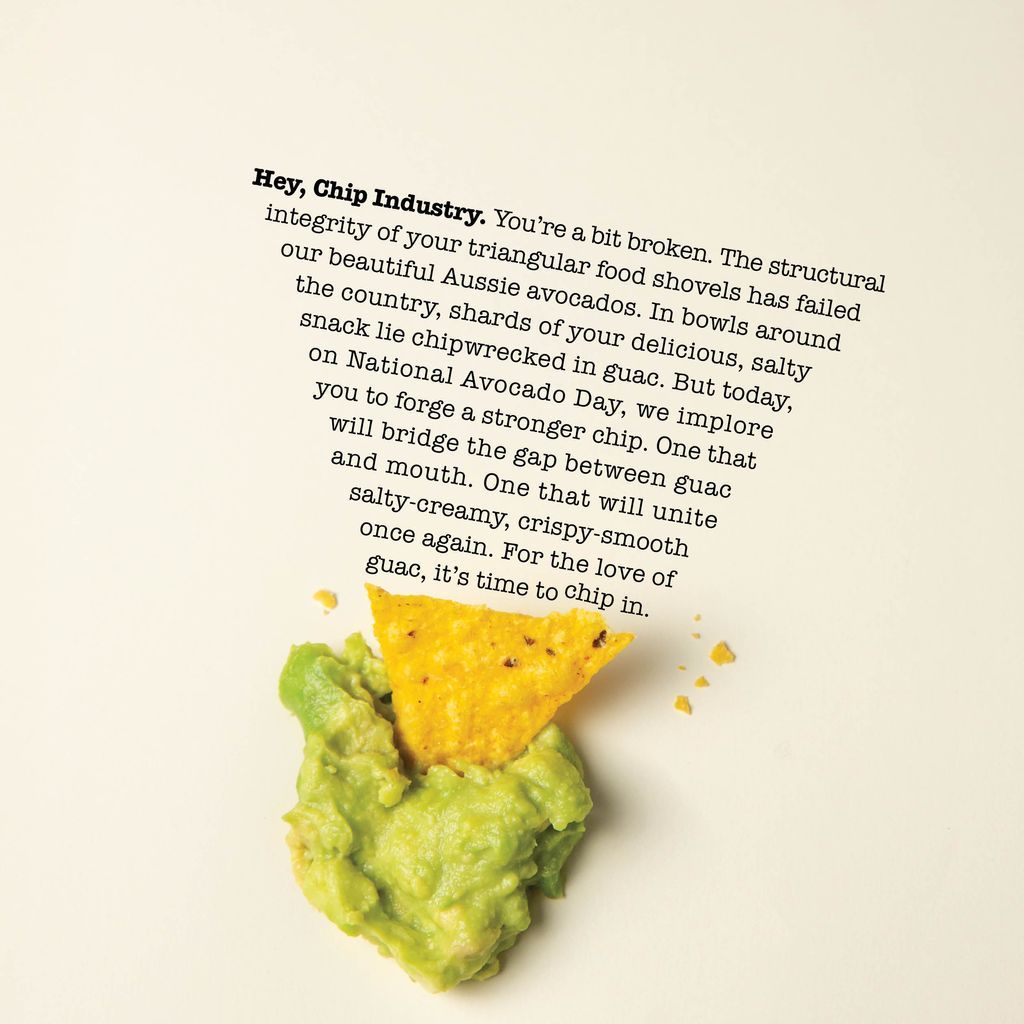

Image by DALL·E Pic: Midjourney
Editors' Note: Many Fast News images are stylised illustrations generated by Dall-E. Photorealism is not intended. View as early and evolving AI art!

New code now in place,
Community safeguards strong,
Radio's new face.

ACMA registers new community radio broadcasting code, strengthening community safeguards
The Australian Communications and Media Authority (ACMA) has registered a new community radio broadcasting code of practice covering what can and can't be played on community radio.
Developed by the Community Broadcasting Association of Australia (CBAA), this is the first industry code to be registered since ACMA called for all industry bodies to review their codes in 2022. The new code, which includes strengthened community safeguards, is set to commence on 1 July 2025, with the existing code remaining active until that time.
The new code requires impartiality in news content on community radio and special care where facts may be contested and not settled.
ACMA Chair, Nerida O'Loughlin, praised the CBAA's efforts, stating, "The new community radio code is the result of substantial work undertaken by CBAA over several years. The ACMA acknowledges the highly collaborative way the review was undertaken and the broader community broadcasting sector's commitment to the development of the code."
O'Loughlin was particularly pleased to see stronger protections around news content on community radio, "including requirements for impartiality and for reporters to take special care where facts may be contested and not settled."
The code also requires community radio broadcasters to align their programming decisions with contemporary community standards, prioritise First Nations voices when reporting on or discussing First Nations issues, and strengthen complaints-handling processes.
O'Loughlin further encouraged the broadcasting industry to voluntarily extend their rules to cover all TV- and radio-like content they make available online.
"This would ensure audiences benefit from the same safeguards, regardless of how they access the content," she said.
Partner Content from Salesforce
A Guide to Personalised Marketing That Keeps Customers Engaged
Customer Service Makes a Strategic Shift for ANZ Organisations










